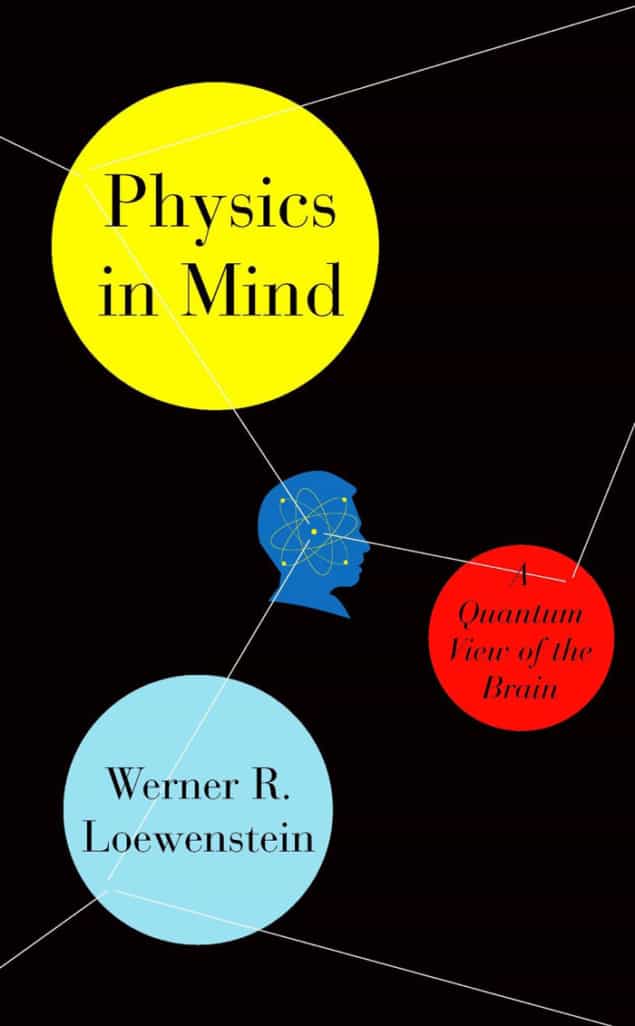Physics World‘s choice for the 2013 Book of the Year is Physics in Mind: a Quantum View of the Brain by Werner Loewenstein

When Physics World published a list of the five biggest unanswered questions in physics earlier this year in its 25th anniversary special issue, “What is consciousness?” was not on it. The reason for its exclusion seemed, at the time, straightforward: although the nature of consciousness is one of the toughest conundrums of modern science, it is not one that is commonly associated with physics. Biology and neuroscience, yes. Philosophy, certainly. Perhaps even art or poetry. But not, for the most part, physics.
In his book Physics in Mind: a Quantum View of the Brain, author Werner Loewenstein sets out to convince readers otherwise, and thereby “sink into oblivion” the idea that “biology is biology, and physics is physics, and never the twain shall meet”. The result is, in the words of our reviewer Seth Lloyd “an intellectual rollercoaster ride” that takes in ideas about the nature of time, evolution, electrochemical signalling, information theory and, ultimately, quantum computing – a burgeoning field that Loewenstein believes may hold vital clues to the problem of consciousness.
The word “may” is important here. In the hands of a less scrupulous author, a book such as Physics in Mind could easily have strayed into the world of “quantum woo”, in which the weird effects of quantum mechanics are conveniently trotted out as the explanation for every problem, with scant regard to evidence. But Loewenstein, despite his enthusiasm for applying physics principles to biological topics, is careful to avoid such traps. This balance of ambition and restraint is one reason why Physics in Mind is the choice for the magazine’s 2013 Book of the Year.
To be eligible for the award, which is made by the magazine’s editorial team, a book had to be reviewed in Physics World in 2013 – and, of course, it also had to meet our criteria of being well written, scientifically interesting and novel. Physics in Mind did well in all three categories, but particularly in the writing. Loewenstein’s prose is both distinctive and enticing, and his beautifully clear explanations of more “traditional” physics topics such as quantum computing and the cosmological arrow of time are among the best we have seen.
However, unlike some previous years – notably 2009, when the inaugural award went to The Strangest Man, Graham Farmelo’s biography of Paul Dirac, and 2012, when David Kaiser’s How the Hippies Saved Physics took top honours – there was no runaway winner in 2013. It was a much tighter-run race, and of the shortlist of 10 books, at least four were seriously considered for the top spot, with the rest not far behind.
To learn more about these other contenders – and the thought processes behind selecting the winner – listen to our latest podcast. In it, you can hear Physics World editor Matin Durrani, reviews editor Margaret Harris and reporter Tushna Commissariat champion their favourites from the shortlist, with host James Dacey guiding the discussion.
Congratulations to Loewenstein and all the other shortlisted authors, and be sure to keep an eye on the reviews section of this website for more great physics books in 2014.



